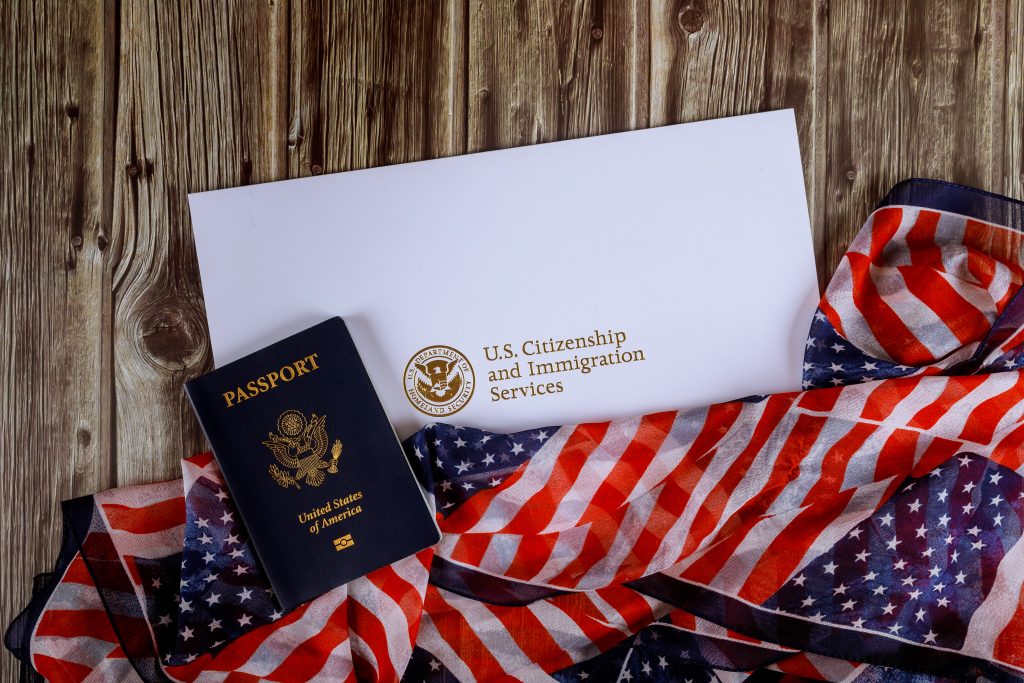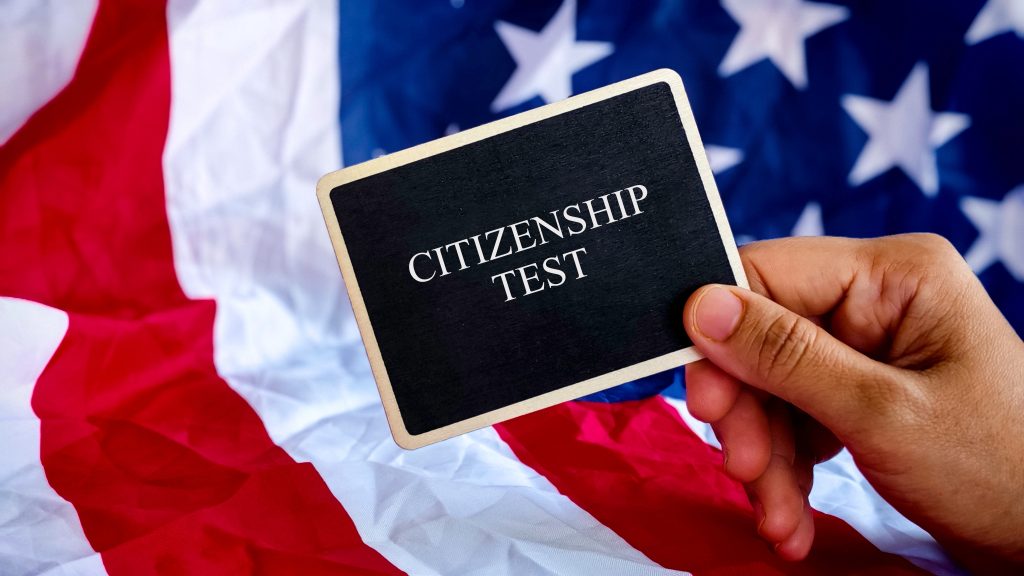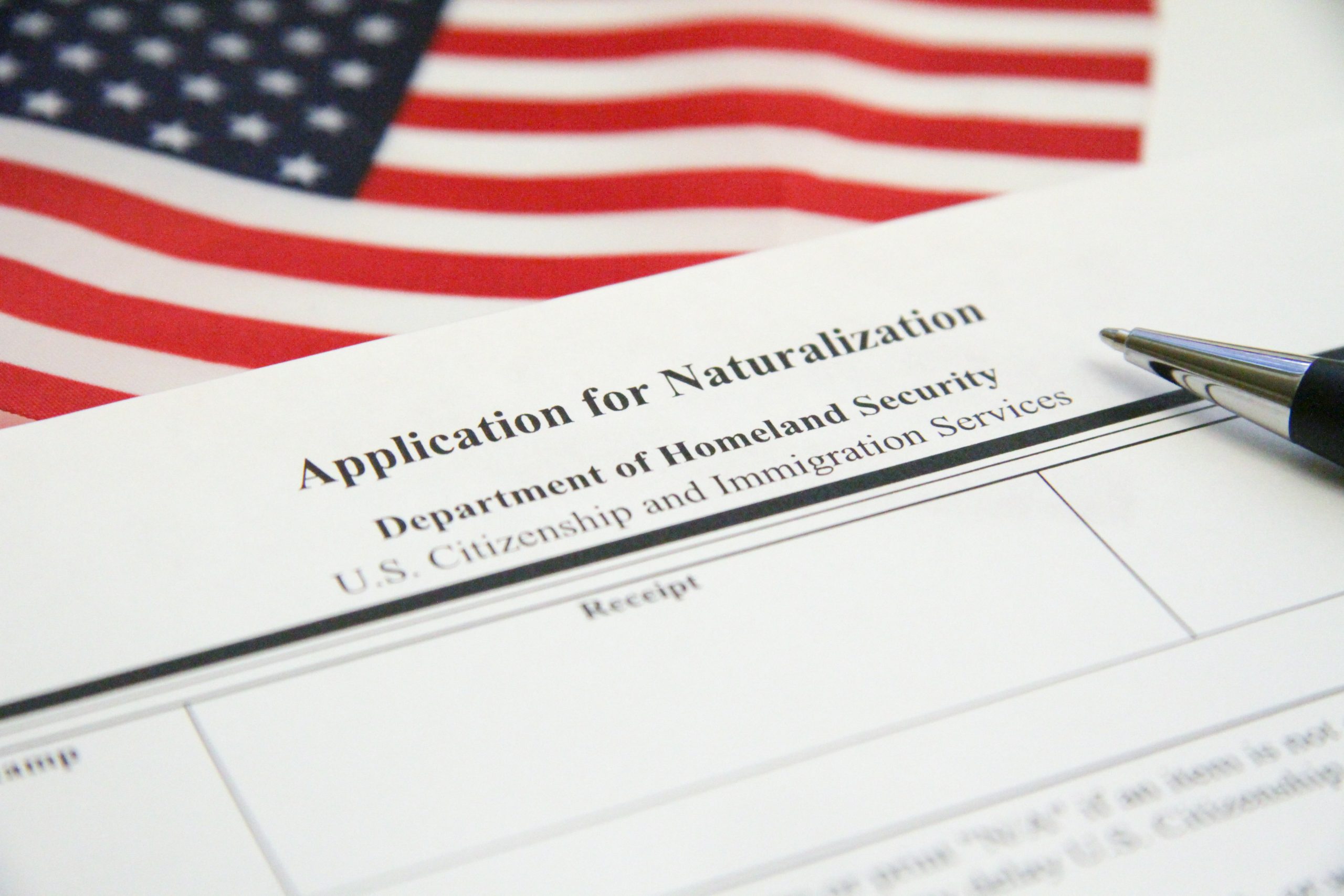Introduction to the Naturalization Process
For countless residents, earning U.S. citizenship is a proud milestone. Yet, the process can feel intimidating, from navigating paperwork to preparing for the civics and English tests. And starting in October 2025, this journey is set to become more challenging.
The U.S. Citizenship and Immigration Services (USCIS) has announced major updates to the naturalization civics test, reshaping how applicants demonstrate their understanding of U.S. history, government, and civic principles. The new test will apply to anyone who files their Form N-400 on or after October 20, 2025.
While the naturalization process remains a path towards opportunity and belonging, these changes signal a renewed emphasis on deeper civic understanding, stronger English proficiency, and more thorough background verification. For applicants, that means preparation is now more important than ever.
Understanding the Civics Test
The civics test has always been the cornerstone of the naturalization process. It’s designed to measure an applicant’s knowledge of U.S. history, government, and democratic values.
The 2025 version of the test introduces a series of meaningful changes. First, the question bank has expanded from 100 questions to 128 questions. Applicants will now be asked up to 20 questions during their interview, instead of the previous 10. To pass, they must answer at least 12 correctly.
This may not sound like a dramatic shift, but it doubles the number of potential questions per interview and raises the passing threshold. In practical terms, applicants need a broader and deeper understanding of American civics.
The new questions place greater emphasis on topics like constitutional principles, the separation of powers, and the role of citizens in a democracy. Some wordings have been updated to make questions clearer and more reflective of modern civic life.
The test will also end as soon as an outcome is determined, which means if you answer 12 questions correctly before reaching 20, you pass immediately. On the other hand, if you miss 9 questions, the test ends in a fail.
These tweaks may seem minor, but they increase both the pressure and the precision of the process. Applicants will need to answer confidently and accurately from the start.

English Proficiency and Testing
While the civics portion has been updated, the English language test remains unchanged. Applicants are still required to demonstrate their ability to read, write, and speak English during the naturalization interview.
However, the civics changes indirectly make English proficiency more important. Many new civics questions use more formal or complex language, and officers are expected to deliver them in standardized English phrasing. That means applicants who rely heavily on memorization without understanding could find the test more difficult.
In short, the better your English comprehension, the easier it will be to grasp the meaning behind civics questions and answer them correctly.
The Naturalization Interview
The naturalization interview remains a crucial checkpoint. It’s not just a test; it’s an evaluation of the applicant’s entire journey towards citizenship.
During the interview, a USCIS officer will:
- Review your Form N-400 and supporting documents.
- Conduct a conversation to assess your spoken English.
- Administer both the civics and English tests (unless you qualify for an exemption).
The new 2025 civics test will be given during this interview. Officers will follow a standardized script to ensure fairness and consistency, and the test may be administered digitally in some locations.
If you don’t pass the English or civics portion on your first try, you’ll have one more opportunity to retake only the section you failed. This retest usually happens 60–90 days later.
Applicants who meet specific age or disability criteria may still qualify for simplified or waived versions of the test, but these exceptions will now require more thorough documentation.
Stricter Background and Character Checks
Beyond the test itself, 2025 also brings stricter background screening and moral character evaluations. USCIS has announced plans to apply a more comprehensive review of each applicant’s history, behavior, and community involvement.
Previously, “good moral character” was determined mostly by the absence of negative factors, no serious crimes, fraud, or immigration violations. Now, officers are instructed to also consider positive traits such as community service, tax compliance, family responsibilities, and steady employment.
Perhaps the most striking development is the return of neighborhood and workplace checks. Under this policy, USCIS may contact neighbors or employers to verify information about an applicant’s conduct and reputation. While this approach hasn’t been common for decades, it reflects a renewed focus on ensuring integrity throughout the citizenship process.
For applicants, that means honesty and transparency are more critical than ever. Even seemingly minor issues such as unfiled taxes, traffic violations, or inconsistencies in your address history could delay or complicate your application.

The Importance of Preparation
With a larger question pool, a higher passing score, and increased scrutiny, preparation is key. Here are a few practical tips for future applicants:
1. Start early.
Don’t wait until you’ve filed your application to begin studying. The earlier you start reviewing U.S. history, government, and constitutional topics, the more naturally you’ll retain the information.
2. Use official study materials.
The USCIS website offers free resources, including flashcards, videos, and sample questions. Make sure you’re using the updated 2025 materials once they’re released; older versions may not cover the new topics.
3. Study in context, not just by memorization.
Understanding why things are important will help you recall them under pressure. For instance, rather than simply memorizing the branches of government, understand how they check and balance each other.
4. Practice your English skills daily.
Watch news clips, listen to American podcasts, or read short articles aloud. The goal isn’t perfection, it’s comfort and comprehension.
5. Stay organized.
Keep your immigration records, tax documents, and travel history neatly compiled. A clean, transparent record helps your interview go smoothly.
6. Consider legal guidance.
An immigration attorney or accredited representative can help ensure that your application is complete and that you meet every requirement before filing.
Conclusion: Navigating the Path Ahead
Navigating the naturalization process requires careful attention to eligibility requirements and awareness of recent policy changes, especially the new 2025 naturalization civics test.
Applicants should prepare thoroughly for both the English and civics tests and take time to understand the updated requirements for U.S. citizenship. Staying informed about USCIS updates is essential for a smooth and successful application.
If you have questions about the naturalization process, eligibility, or how these changes might affect your application, consulting an experienced immigration attorney can make all the difference.
At the Bufete de abogados de inmigración Abbasi, we specialize in guiding lawful permanent residents through every step of the journey, from preparing for interviews to ensuring full compliance with the latest USCIS policies.
Póngase en contacto con nosotros today for trusted legal guidance and take the next confident step toward becoming a U.S. citizen.



